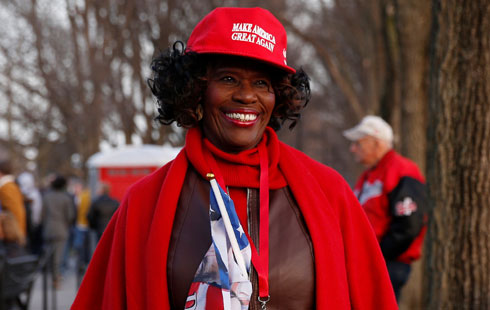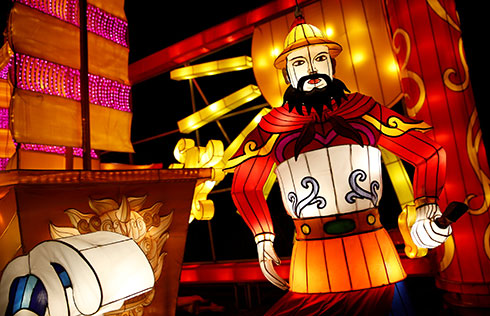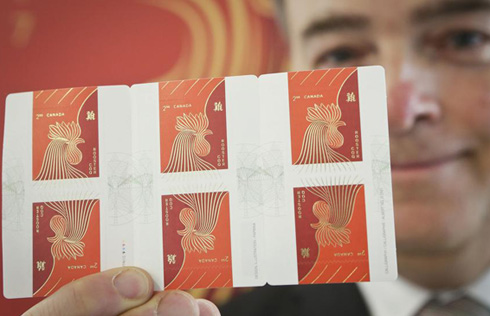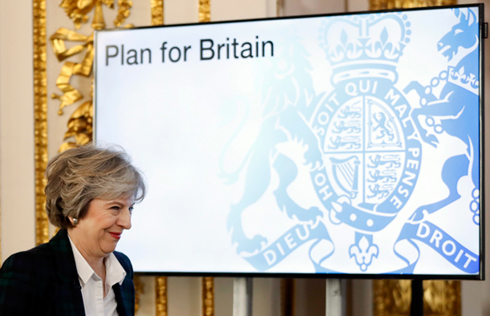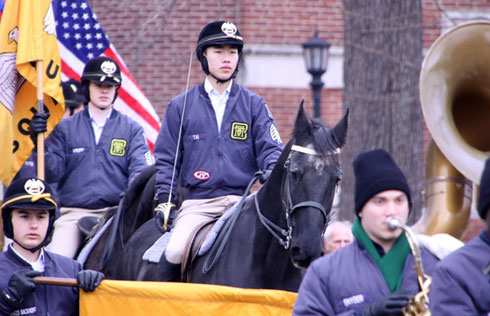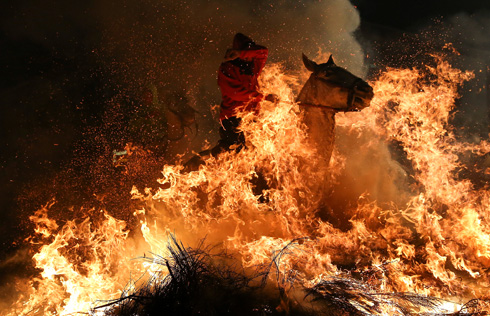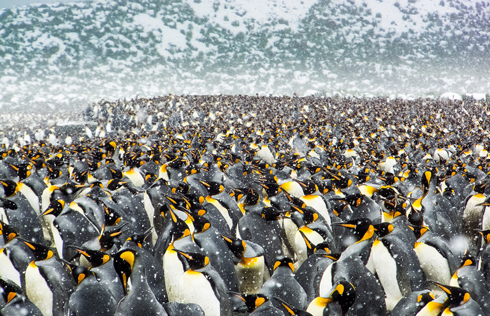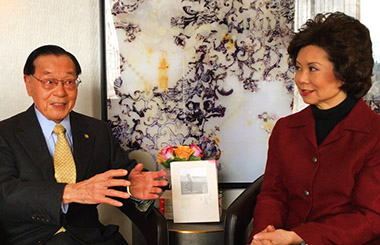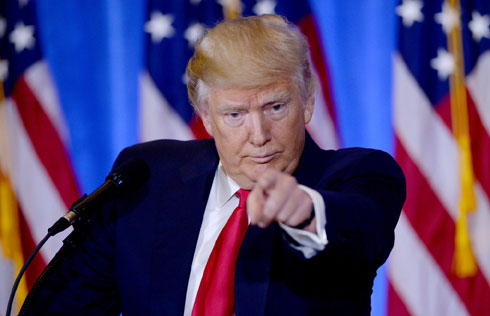Uncertainty reigns in China-US relations
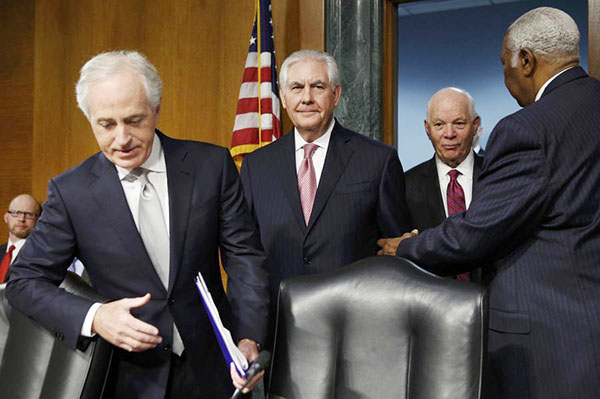 |
|
Rex Tillerson (C), former chairman and chief executive officer of Exxon Mobil, arrives between Senators' Bob Corker (L) (R-TN) and Ben Cardin (2NDR) (D-MD) prior to testifying before a Senate Foreign Relations Committee confirmation hearing on his nomination to be US secretary of state, on Capitol Hill in Washington, U.S. January 11, 2017. [Photo/Agencies] |
One-China policy
Trump's threats are widely seen as a tactic to get better deals with foreign countries. But when he took the phone call from Taiwan leader Tsai on Dec 2 and later tweeted that the One China policy is negotiable, he sparked not only the strongest protest from the Chinese government, but a campaign by the Chinese media, both official and social media.
Sovereignty and territorial integrity, especially regarding Taiwan, touches the sensitive nerve of 1.4 billion Chinese, who still bitterly remember how China was forced to cede Taiwan to Japan under the humiliating Treaty of Shimonoseki after losing the First Sino-Japanese War in 1895. Taiwan was returned to China in 1945 after the Second World War.
The Taiwan issue is widely known in the world as a core interest and red line for China.
After Trump's challenge to the long-standing One China policy, some former US officials and scholars on Taiwan also criticized Trump's ignorance. Richard Bush, a senior fellow at the Brookings Institute, wrote a long open letter to Trump on Dec 13 on the One China policy.
Rex Tillerson, Trump's nominee for secretary of state and a former CEO of Exxon Mobile, said in his confirmation hearing last week that "I don't know that there is any plan to alter the One China position."
While no US leader in the last 40 years has publicly challenged the One China policy, the Taiwan issue heated up at times, causing a major setback in China-US relations. It happened when the US sold arms to the island. For most Chinese, selling arms to a Chinese island is totally unacceptable.
Relations between the Chinese mainland and Taiwan experienced unprecedented peace and development under the eight years of Taiwan's Kuomintang party leader Ma Ying-jeou from 2008 to 2016. The Chinese mainland is by far the largest trade partner for Taiwan, with $71 billion, or more than a quarter of Taiwan's exports, going to the Chinese mainland in 2015.
The winning of the 2016 election by the pro-independence Democratic Progressive Party (DPP) has brought uncertainty to the ties since Tsai has refused to acknowledge a 1992 consensus reached by the two sides on One China.




